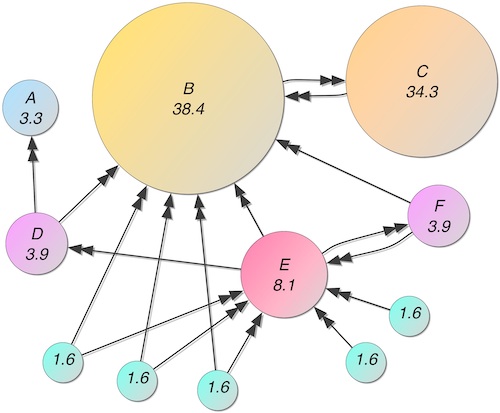Absolutely not safe.
Between my LinkedIn and my site's contact form I get probably 300 messages a month from companies pushing 60+ Domain Authority backlinks in the form of guest posts/blogs/articles.
Stay far away from it. Links from these sites will only hurt your domain.
Your backlink profile is one of the primary places that search engines look to understand what your site is about, and to assess your authoritativeness.
For example, if your site is about Fly Fishing, a link from TechRadar is not going to help you much.
Google is also very experienced in understanding link schemes - they can tell what's natural and what is not. If Google believes that certain links in your backlink profile are artificial, they will either devalue them or simply ignore them.
When I say devalue I'm talking about the amount of PageRank they pass to your site.
A visual representation of PageRank

The risk isn't worth it
Often times these things are scams too. I've heard countless stories from colleagues of mine where the site's published the blog post with their link, they inspect the page, and it's got a <meta name="robots" content="noindex"> on the page.
That's no good!
What constitutes a "good" backlink profile?
A "good" backlink profile is a natural one. When it looks too good to be true, it usually isn't.
A good indication is the ratio of follow/nofollow links. Typically, if a has 50 total backlinks, naturally, I'd expect 40-60% to probably nofollow.
I don't know the author nor have I read it in full yet but at a first scan this article looks like a good resource.
Hopefully this helps you understand the why a bit more.
That's not to say you shouldn't try to build links
There's a new term going around the industry "Digital PR". This article is all you'll need to understand it:
Google's John Mueller Praises Digital PR
TLDR: website creates legit quality content, then conducts PR to generate publicity
^ Most of us just call that good link building but now it has its own name.

